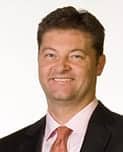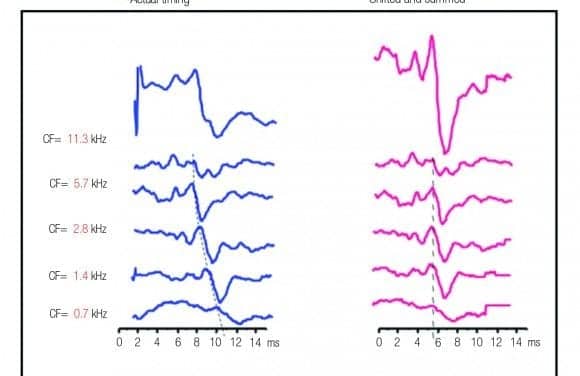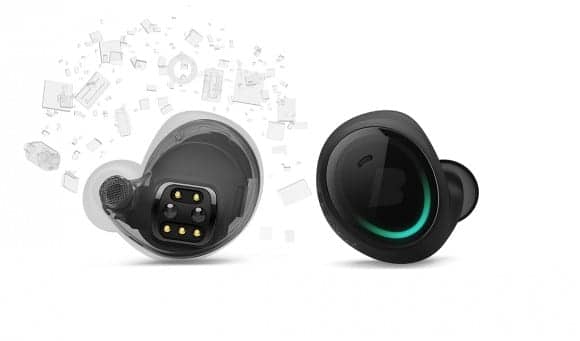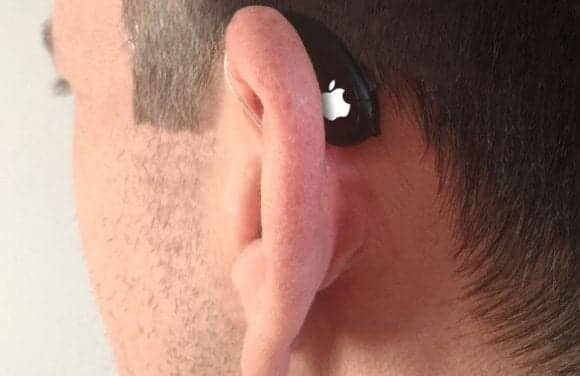ACI Launches Blog on Adult Cochlear Implantation
The American Cochlear Implant Alliance (ACI) has announced the launch of a new blog on adult rehabilitation post cochlear implantation. The blog, written by experienced speech pathologist and educational audiologist Naama Tsach, PhD, is intended for adults who have (or will soon receive) cochlear implants.
Read More














